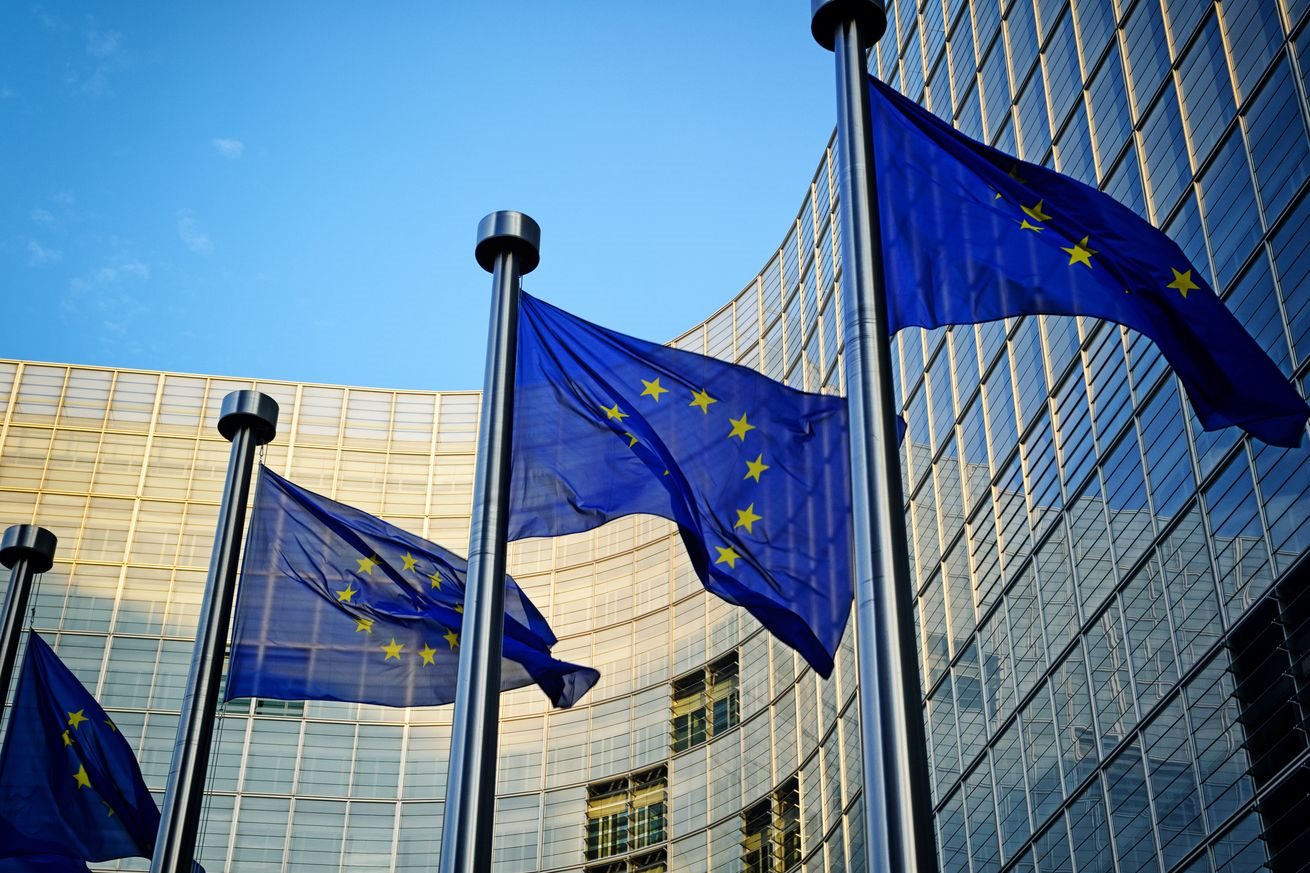
This week, European Council President Donald Tusk outlined draft guidelines on the framework for the future relationship with the UK post-Brexit.
The draft guidelines, which have been published by Politico, set out the basis from which the EU will look to negotiate following the European Council summit on 22/23 March.
In framing the future relationship, the draft guidelines respond to the “red lines” as set out by the UK government alongside the EU’s principles on indivisibility of the freedoms of the Single Market and the position of no “cherry picking”. On this basis, a Free Trade Agreement model is put forward with an ambition level matching and in some cases exceeding what was agreed within the recent EU-Canada agreement, but falling short of the desired ambition for a comprehensive partnership as proposed by the UK. Chancellor Phillip Hammond commented that the draft guidelines were “very tough”.
Donald Tusk highlighted three particular areas in which close cooperation with the UK would be sought: security and defence, research, and aviation. He said:
“Firstly, as we are confronted with similar security threats, I propose that the EU and the UK continue our common fight against terrorism and international crime. The increasing global instability requires our uninterrupted cooperation in defence and foreign affairs. It is about the security of our citizens, which must be preserved beyond Brexit.
“Secondly, we invite the UK to participate in EU programmes in the fields of research and innovation, as well as in education and culture. This is key to maintain mutually beneficial and enriching personal networks in these vital areas, and for our community of values to prosper also in future.
“Thirdly, I am determined to avoid that particularly absurd consequence of Brexit that is the disruption of flights between the UK and the EU. To do so, we must start discussions on this issue as soon as possible.”
The draft text notes that on aviation, “the aim should be to ensure connectivity between the UK and the EU after the UK withdrawal. This would require an air transport agreement, combined with an aviation safety agreement, while ensuring a strong level playing field in a highly competitive sector.”
Recognition of the importance of finding agreement for aviation safety is welcome and with the Prime Minister seeking continued membership of the European Aviation Safety Agency (EASA), a focused effort to confirm future arrangements would provide industry with the clarity it seeks.





